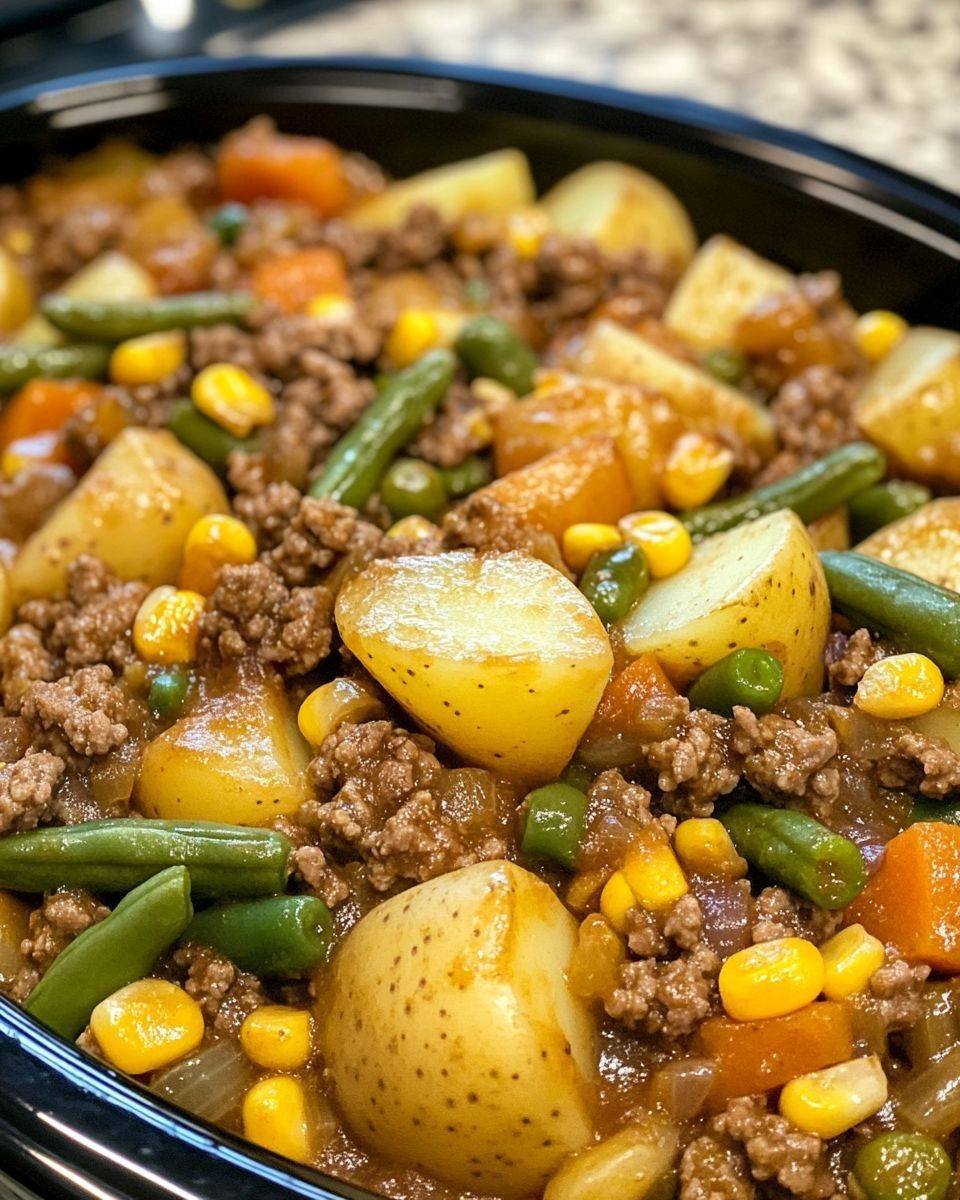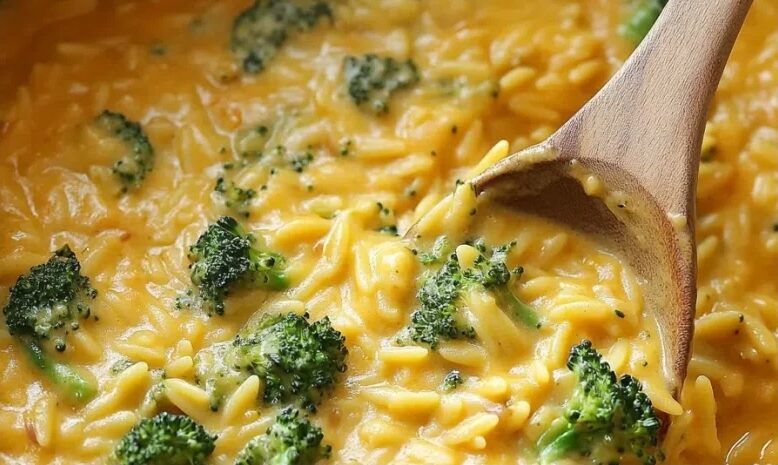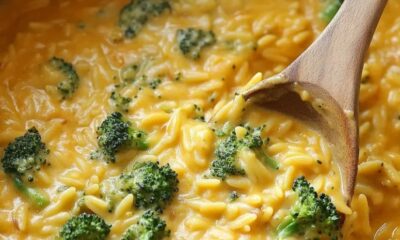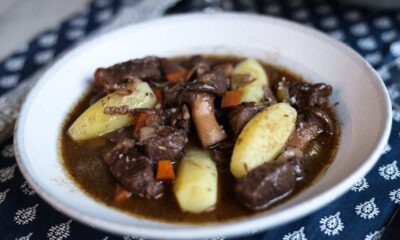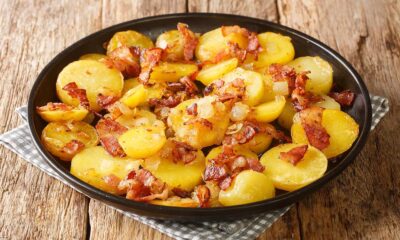High cholesterol is one of the most common health concerns today, quietly increasing the risk of heart disease and stroke. While medications like statins are often prescribed, many people are turning to natural strategies to manage cholesterol levels without relying on pharmaceuticals.
The good news? There are proven, effective, and holistic ways to lower your cholesterol naturally—through food, lifestyle, and simple daily choices. In this article, we’ll explore how you can take control of your heart health naturally, including a healing recipe you can start using today.
Understanding Cholesterol
Cholesterol is a waxy substance your body needs to build cells and hormones. It travels through your bloodstream in two main forms:
LDL (Low-Density Lipoprotein) – “Bad” cholesterol that can build up in arteries.
HDL (High-Density Lipoprotein) – “Good” cholesterol that helps remove LDL from the bloodstream.
When LDL levels get too high, it leads to plaque buildup in the arteries, increasing your risk of heart problems. The goal is to lower LDL and raise HDL naturally for optimal heart health.
Eat More Heart-Healthy Foods
Food is the foundation of cholesterol control. By focusing on the right ingredients, you can naturally reduce LDL and support healthy arteries.
Soluble Fiber
Soluble fiber binds to cholesterol in the digestive system and helps flush it out.
Top sources include:
Oats
Lentils
Apples
Flaxseeds
Chia seeds
Brussels sprouts
Healthy Fats (Unsaturated Fats)
Swap out saturated fats (like butter, cheese, and red meat) with unsaturated fats to lower LDL.
Healthy fat sources:
Avocados
Extra virgin olive oil
Fatty fish (like salmon, sardines)
Nuts and seeds
Avoid Trans Fats
Found in many processed foods, margarine, and baked goods, trans fats significantly increase LDL and decrease HDL. Always read food labels and avoid anything with “partially hydrogenated oils.”
Eat Anti-Inflammatory Healing Meals
Chronic inflammation plays a big role in heart disease and cholesterol buildup. One powerful way to combat this is through anti-inflammatory recipes like our Nourishing Pumpkin Soup—rich in fiber, antioxidants, and heart-friendly fats.
Pumpkin Soup for Cholesterol and Heart Health
Ingredients:
1 tablespoon olive oil
1 chopped onion
2 garlic cloves, minced
1 red bell pepper, chopped
1 teaspoon grated ginger
1 teaspoon cumin
½ teaspoon paprika
4 cups diced pumpkin
4 cups low-sodium broth
½ cup coconut milk
Salt and pepper to taste
Instructions:
Sauté the onion and garlic in olive oil. Add the pepper, ginger, and spices. Stir in pumpkin and broth, simmer 20 minutes. Blend, stir in coconut milk, and season.
Rich in fiber, anti-inflammatory spices, and healthy fats—this soup supports cholesterol balance and heart health naturally.
Move Your Body Regularly
Exercise helps raise HDL (good cholesterol) and lower LDL. Aim for at least 30 minutes of moderate activity most days of the week.
Effective activities include:
Brisk walking or hiking
Cycling
Swimming
Strength training
Yoga (helps reduce stress and inflammation)
Even light physical activity like gardening or stretching helps over time. The key is consistency.
Manage Stress and Sleep
Chronic stress raises cortisol, which is linked to higher cholesterol levels. Meanwhile, poor sleep quality is associated with elevated LDL and triglycerides.
What helps:
Daily mindfulness or deep breathing
7–9 hours of sleep each night
Journaling or gratitude practices
Limiting caffeine and screens before bed
Quit Smoking and Limit Alcohol
Smoking lowers HDL and damages your arteries. Quitting smoking can rapidly improve your cholesterol profile and reduce cardiovascular risk.
Alcohol, while beneficial in small amounts (like red wine), can raise triglycerides if consumed in excess. Stick to moderation: 1 drink/day for women, 2 for men.
Add Natural Cholesterol-Lowering Foods
Certain foods contain plant sterols and stanols, which block cholesterol absorption in the gut. Look for fortified versions or eat naturally rich sources:
Almonds
Sunflower seeds
Legumes
Whole grains like barley and quinoa
Green tea (for antioxidants)
Also, adding garlic, turmeric, and ginger to meals can help reduce inflammation and support cardiovascular health.
Consistency Is Key
Natural approaches don’t offer overnight results—but they offer sustainable, side-effect-free improvements. Many people see meaningful reductions in LDL and improved energy, digestion, and sleep within 4–12 weeks of consistent effort.
When to See a Doctor
Natural methods work well, especially in mild to moderate cholesterol elevation. However, if your LDL is significantly high or you have a family history of heart disease, consult your doctor. Natural remedies can often complement—but not always replace—medical treatment.
Empowering Your Heart Naturally
You don’t need to rely solely on medications to protect your heart. With the right foods, daily habits, and a little kitchen magic—like a bowl of anti-inflammatory pumpkin soup—you can lower your cholesterol and live a healthier, more vibrant life.
Start small. Replace one processed meal with a healing recipe. Take a walk today. Choose avocado over cheese. Your heart—and future self—will thank you.
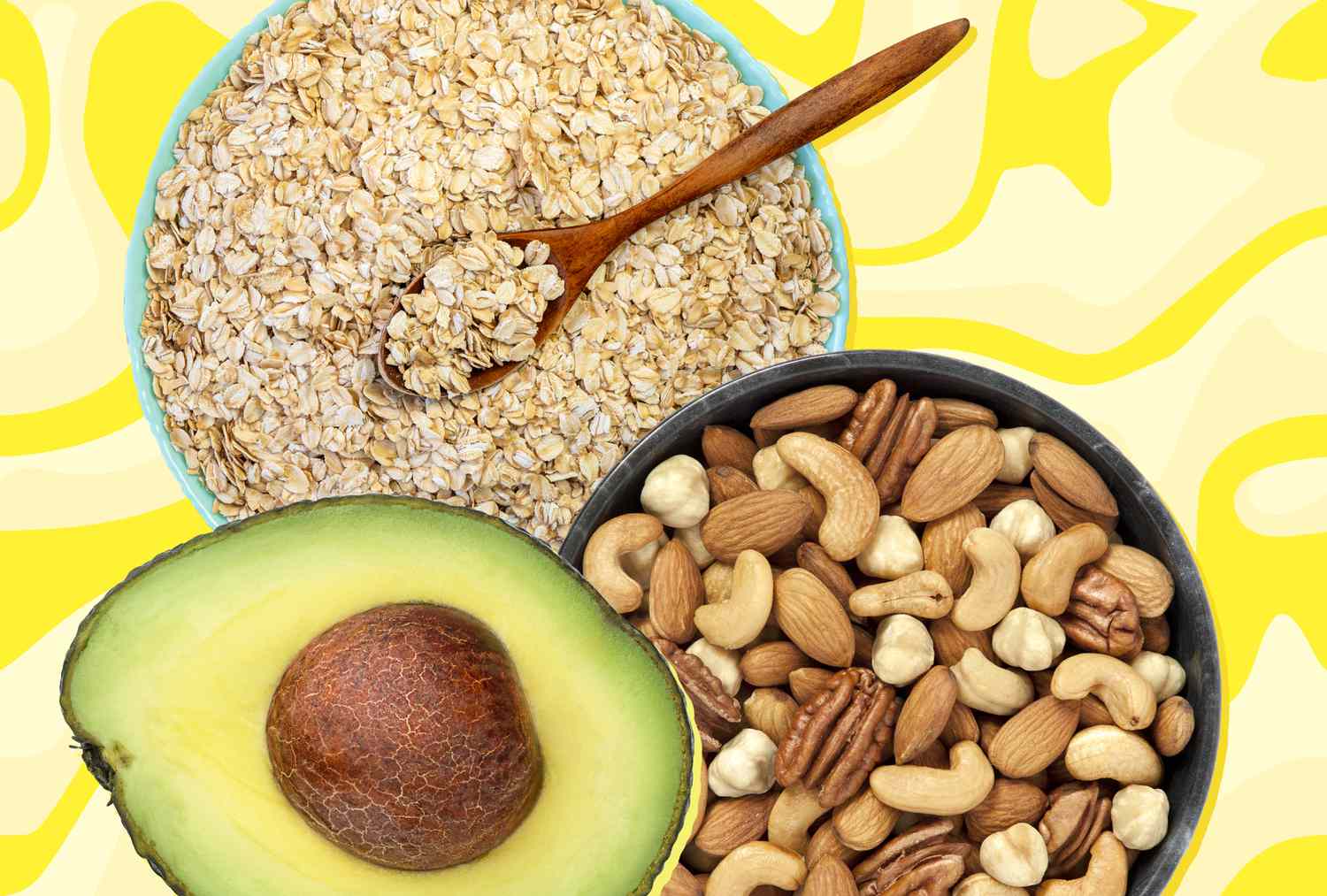
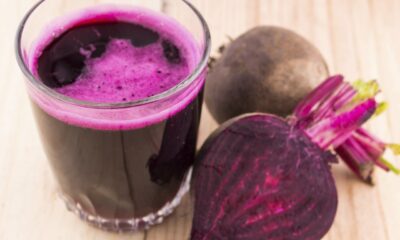
 Recipes9 months ago
Recipes9 months ago
 Recipes9 months ago
Recipes9 months ago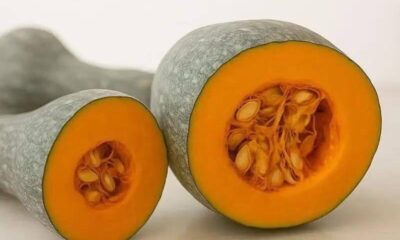
 Recipes9 months ago
Recipes9 months ago
 Recipes6 months ago
Recipes6 months ago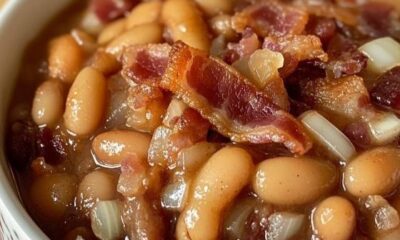
 Recipes6 months ago
Recipes6 months ago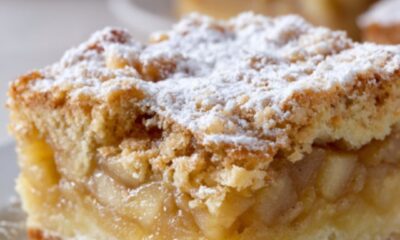
 Recipes6 months ago
Recipes6 months ago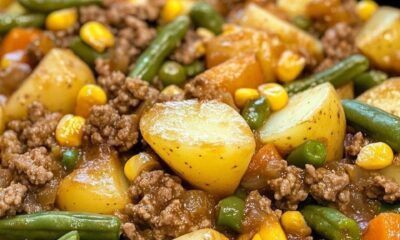
 Recipes6 months ago
Recipes6 months ago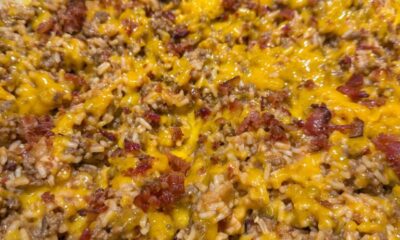
 Recipes6 months ago
Recipes6 months ago

